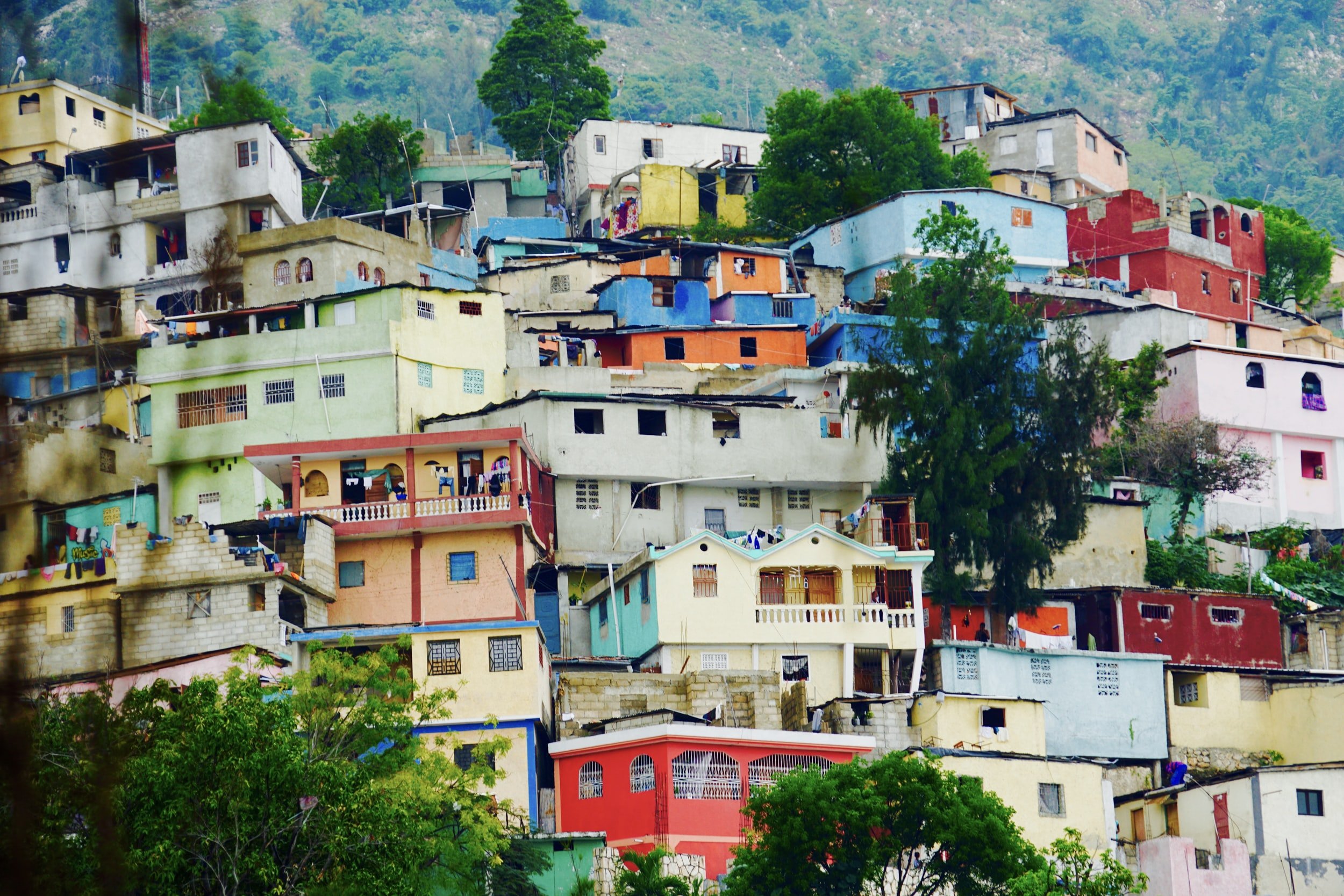
Gang Wars Ignite in Cité Soleil
Our last newsletter about Haiti, "The Long, Hot Summer in Haiti," was sent almost exactly one year ago. At the time, President Jovenel Moïse had just been assassinated by a team of mercenaries. Haiti was in economic free fall, and Moïse had publicly acknowledged the rise in violent crime, including organized gangs that receive support from ransoms extracted from child kidnappings. If his fierce opposition believed that a political assassination would somehow reduce violent crime, they underestimated the symptoms and conditions that have perpetuated the violence. Exactly one year after Moïse's assassination, Port-au-Prince is once again in the news for an extreme spike in chaos, anarchy, and violence. Two gangs have ripped apart the Cité Soleil district in the country's capital. Who is responsible, and how have Haitian children been impacted by the violence?
The Long, Hot Summer in Haiti
As if pulled from the pages of Jason Bourne novels, early Wednesday morning, President Jovenel Moïse of Haiti was assassinated at the presidential residence by a team of mercenaries. His wife was injured and is receiving treatment in Miami, FL. With rising rates of poverty and violence, Haitian families face food insecurity and poor health outcomes. How can we help the estimated 1.5 million children who need emergency relief? Below, learn more about Haiti's past and present.
